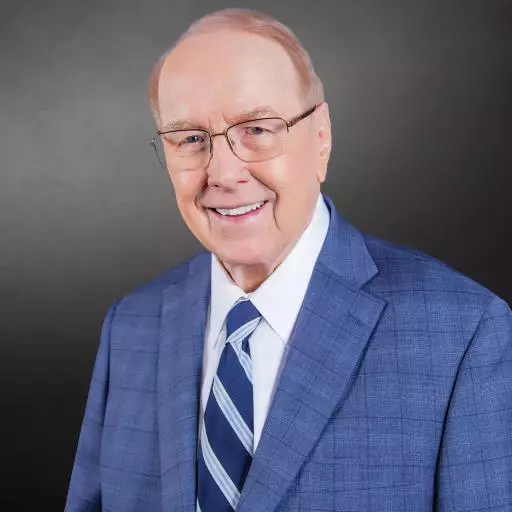You can start by participating in the electoral process. I think it is a disgrace that half the Christians in America aren't even registered to vote, and of those who are, only half go to the polls. America is not ruled by a dictatorship; it is blessed to have a representative form of government that Abraham Lincoln described as being "of the people, by the people, and for the people."220 The Constitution declares that you and I are the government. When we withhold our influence and participation, we yield by default to those who promote immoral and destructive policies. We owe it to our children and to future generations to defend the principles in which we believe--the glorious freedom bought with the blood of so many brave young men and women. Shame on us for failing to do our duty to God and country. It is unconscionable that so many Christians today have concluded that it is somehow immoral to "get political." I don't believe the Founding Fathers intended to exclude people of faith from the process. There is not a scrap of evidence to indicate such.
There are many ways to participate in public policy besides voting. Letters and phone calls to our local officials, congressmen, and senators do make a difference. They certainly need to hear from us. When you write or call, be brief, and restrict each letter to one subject or one piece of legislation. This makes it easier for the person you're writing to to respond and for their staff to organize correspondence. If the letter is about a specific bill, identify it by name and number. Second, make your letter personal. Form letters and postcards do have a place, but personal letters get more attention. Describe how the proposed bill or course of action would affect you or your family or your community. Give the essential background information as well. And third, remember that elected officials receive thousands of letters of complaint and very few positive responses.
If a public official says or does something that you like, respond with a quick note of appreciation, and by all means, remember that democracy works best when the people make their wants and wishes known. Finally, heed the words of the apostle Paul when he wrote, "I urge, then, first of all, that requests, prayers, intercession and thanksgiving be made for everyone--for kings and all those in authority, that we may live peaceful and quiet lives in all godliness and holiness. This is good, and pleases God our Savior" (1 Timothy 2:1-3).


